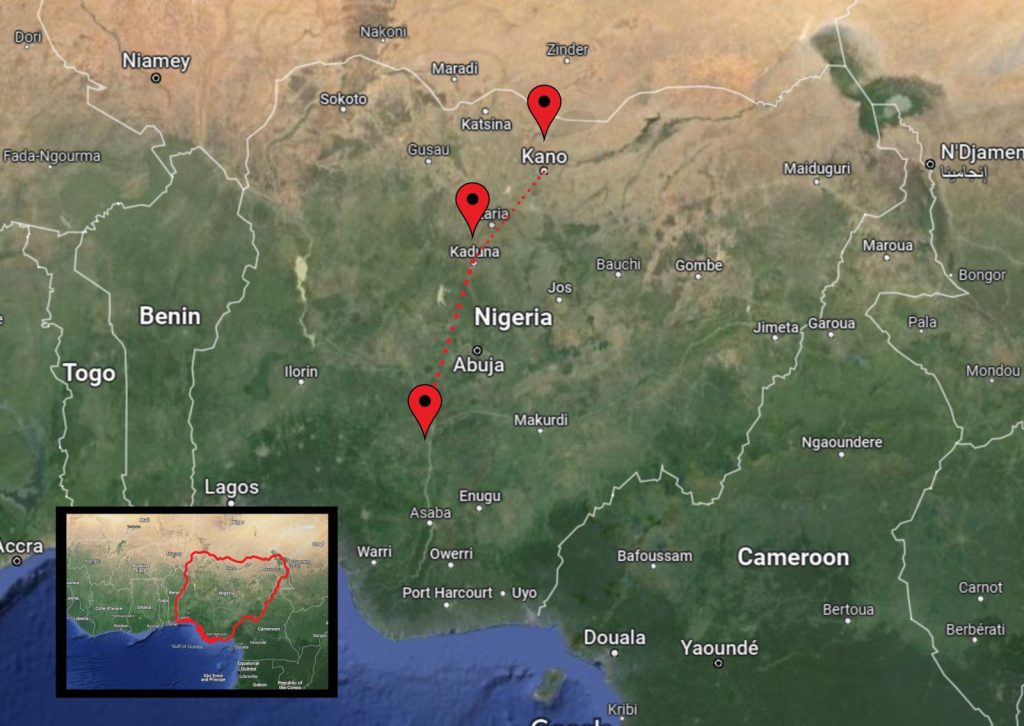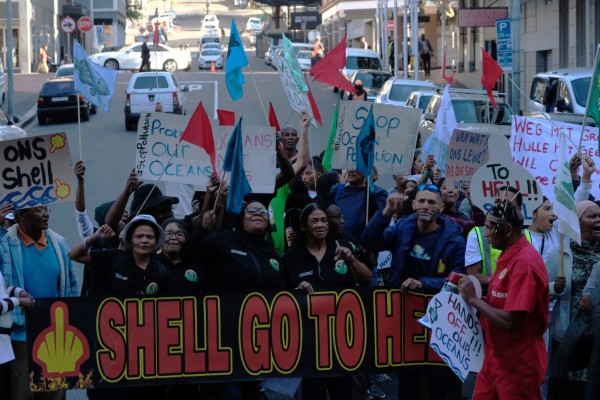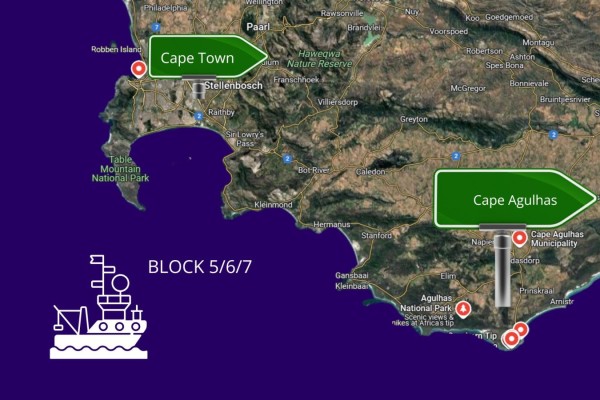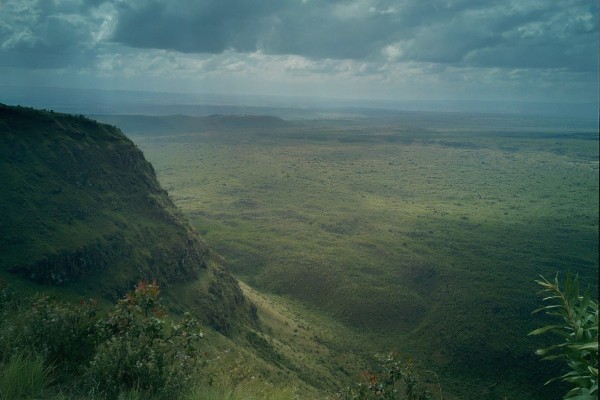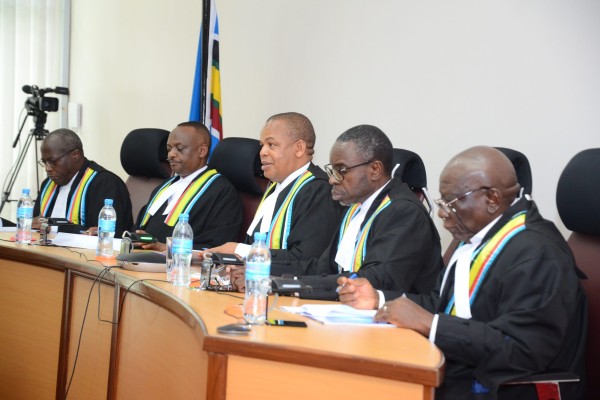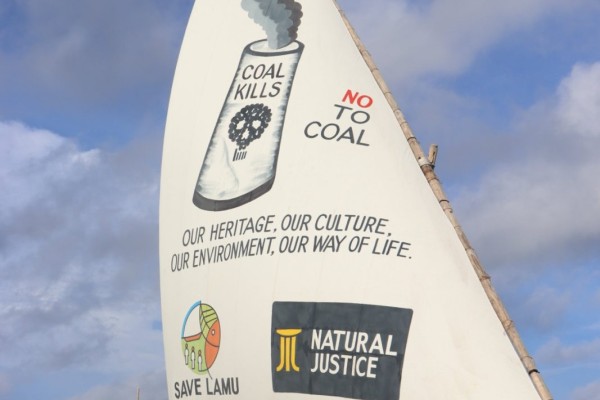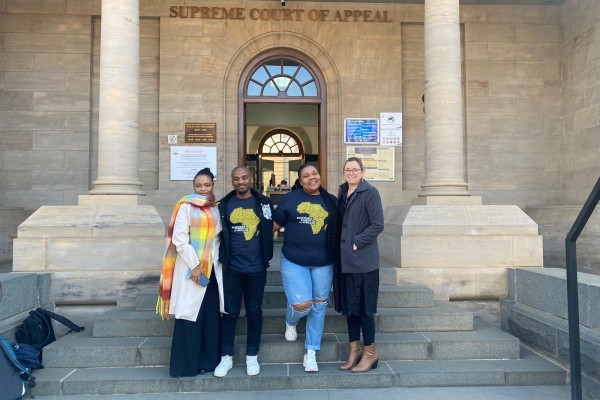On the 27 February 2024 at the Federal High Court in Abuja, Nigeria, the court will hear arguments as to why documents related to the Environmental Impact Assessment for the Ajaokuta – Kaduna – Kano gas pipeline should be handed over to concerned civil society organisations.
The application has been made by Natural Justice on behalf of a local community who are concerned about the impact of the pipeline project on a stream that they use for drinking water.
Our application has been scheduled to be heard on 27 February 2024.
The Ajaokuta – Kaduna – Kano gas pipeline (AKK) is being developed by the Nigeria National Petroleum Company Ltd and a Chinese contracting firm. This project is the first phase of an ambitious project to deliver Natural Gas from the south of Nigeria, via Niger Republic, up to Algeria in North Africa and ultimately to Europe (the Trans Saharan Gas Pipeline Project).
In order to understand the project and its impacts better, Natural Justice requested information on the Environmental Impact Assessment, which was not forthcoming. Natural Justice filed a Freedom of Information request under the Nigeria’s Freedom of Information (FoI) Act. After filing the request on the 8 January 2024, and after receiving no response within the 7-day prescribed period, Natural Justice approached the Federal Court seeking judicial review of the failure/refusal of the agency responsible to grant us access to the information we requested.
Natural Justice is seeking an order whereby the project documents must be provided to the public, and further seeking for the court to order that part of the law relating to EIA documents be amended to make EIA documents more accessible to the public.
Freedom of Information is recognised by the Nigerian government, which is necessary to protect communities from harmful impacts of projects, assert the right to a healthy environment, allow people to be part of the public participation process and ultimately, achieve environmental justice.
Currently, EIA documents are placed in a particular institution where they are available for 2 weeks, during which any comments on the EIA have to be completed. This does not allow for adequate interaction with the contents of the EIA and violates the principles of administrative and environmental justice.
“Governments and project developers have often externalized the environmental and social costs associated with such projects, maximizing profit and leaving communities to shoulder these impacts. This case seeks to democratize the development process and ensure that communities have access to project information that enhances their capacity to protect their environment and local livelihoods.”
Micheal Karikpo, Natural Justice Attorney.
“We are utilizing Nigerian laws and processes to support local communities and ensure developmental processes are democratic and leave no one behind.”
Sokhna Die Ka, West African Hub Director.

